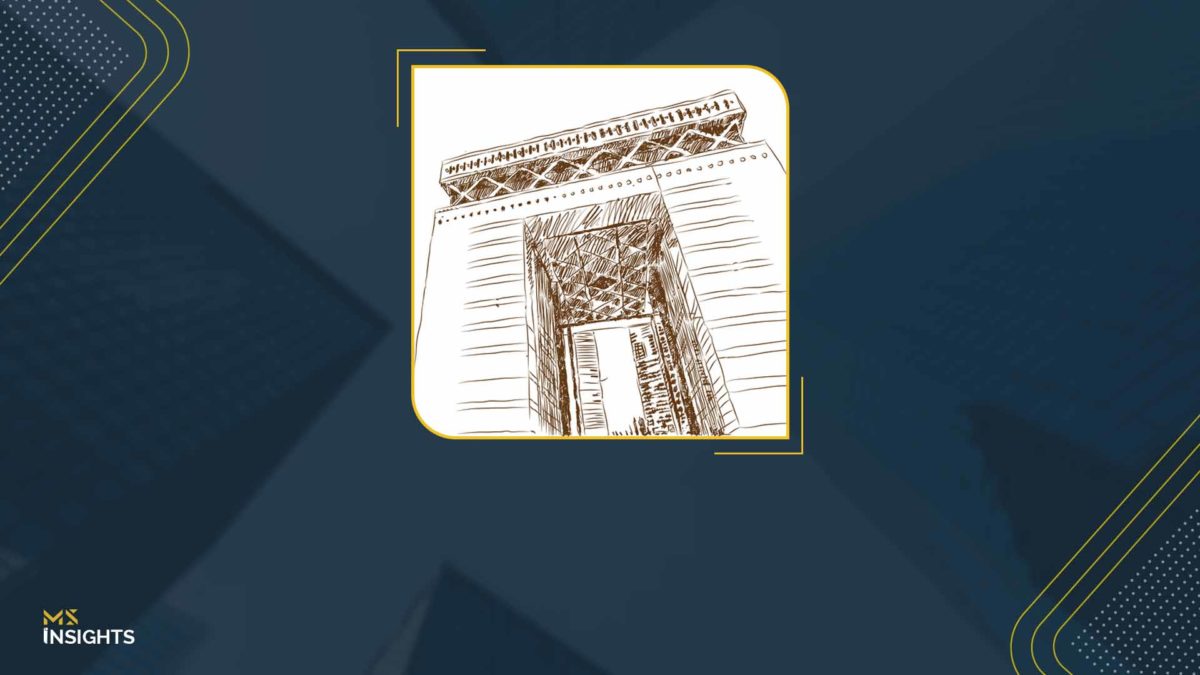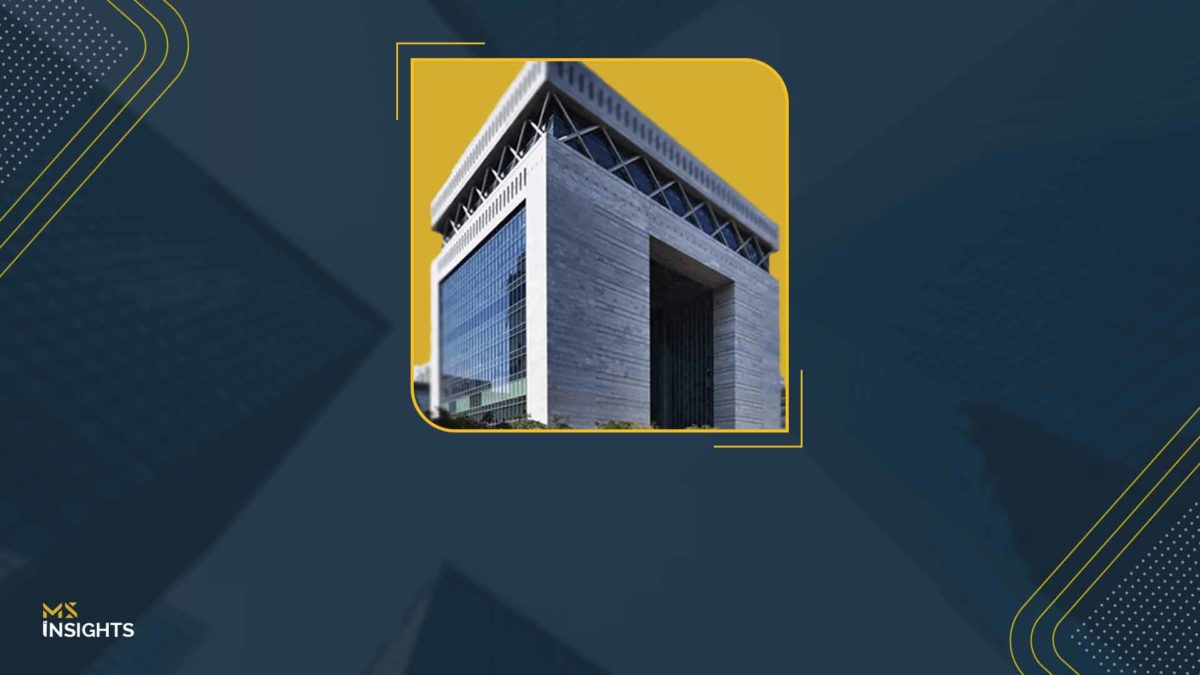The Essentials
The DIFC Employee Workplace Savings (DIFC DEWS) scheme has surpassed USD 1 billion in assets under administration, marking a major milestone in modernizing employee end-of-service benefits. Launched in 2020, DEWS replaces the traditional gratuity system with a fully funded, defined contribution plan, offering employees greater transparency, control, and financial security. The scheme features employer and voluntary employee contributions, a variety of investment options – including Sharia-compliant funds – and professional administration by Zurich Workplace Solutions and Equiom. With over 2,700 employers and 74,000 employees enrolled, DEWS exemplifies DIFC’s commitment to aligning with Dubai’s Economic Agenda and attracting global talent.
The Dubai International Financial Centre (DIFC) has reached a groundbreaking milestone with its Employee Workplace Savings (DEWS) scheme, surpassing USD 1 billion in assets under administration (AuA). This achievement reflects the scheme’s growing impact in reshaping employee benefits, offering a modern, transparent, and secure approach to end-of-service savings while reinforcing financial stability for the workforce across the UAE.
DIFC DEWS: A Progressive Shift in Employee Benefits
Launched on February 1, 2020, DIFC DEWS replaced the traditional end-of-service gratuity system with a fully funded, defined contribution plan. This transition aligns with global retirement savings standards, offering employees greater control and transparency over their savings. The scheme is mandatory for employers within DIFC and is also available to expatriate employees in 61 Government of Dubai entities.
Key Features of DIFC DEWS
- Employer Contributions: Employers contribute a percentage of the employee’s basic salary, with rates varying based on tenure.
- Voluntary Employee Contributions: Employees have the option to make additional voluntary contributions to enhance their savings.
- Investment Options: The scheme offers a range of investment funds managed by Mercer, including Sharia-compliant options, catering to diverse risk appetites.
- Professional Management: The plan is administered by Zurich Workplace Solutions, with Equiom serving as the master trustee, ensuring independent oversight and safeguarding members.
Growth and Impact of DIFC DEWS
As of October 2025, DIFC DEWS has attracted 2,726 employers and enrolled 74,323 employees. The scheme’s rapid growth reflects the high levels of trust and confidence from both employers and employees. In addition to the USD 1 billion in AuA, over USD 340 million has been paid out to previous participants, highlighting the scheme’s effectiveness in providing financial security.
Strategic Alignment with Dubai’s Vision
The remarkable success of the DIFC DEWS is closely aligned with the broader objectives of the Dubai Economic Agenda (D33), a strategic initiative designed to elevate Dubai’s status as one of the world’s top four leading financial centers. By introducing and implementing innovative, forward-looking solutions such as DEWS, the Dubai International Financial Centre (DIFC) not only strengthens its position as a pioneering financial hub but also significantly enhances the city’s overall appeal as a premier destination for professionals and investors alike. Through this scheme, DIFC demonstrates its commitment to providing world-class employee benefits, fostering financial security, and cultivating an environment that attracts, nurtures, and retains top-tier global talent. Ultimately, DIFC DEWS serves as a powerful example of how regulatory innovation and strategic foresight can contribute to Dubai’s ambition of becoming a dynamic, competitive, and highly desirable city in which to live, work, and conduct business.
DEWS Integration with Expert Payroll Services
Implementing the DEWS scheme successfully demands accurate, efficient, and reliable payroll management. MS offers comprehensive payroll services that ensure all DEWS-related contributions are calculated correctly, processed on time, and reported in full alignment with DIFC regulations.
By partnering with us, employers can:
- Automate DIFC DEWS Contributions: Ensure both employer and voluntary employee contributions are accurately deducted and credited.
- Maintain Compliance: Stay fully aligned with DIFC reporting requirements and audit standards.
- Enhance Employee Experience: Provide employees with transparent records of their DEWS savings and investment performance.
- Reduce the Administrative Burden: Drive your business forward, as we handle all aspects of payroll and DEWS administration.


